Dr Alek Nikolic Discusses the solutions to Pimples, Acne and Blemishes
Pimples, acne and breakouts are some of the most common skin conditions we see and although this issue is common, accurate information about these breakouts can be scarce. We can help you to understand this widespread problem, and the most successful treatments.
Without treatment, dark spots and permanent scars can appear on the skin as the blemishes clear so early diagnosis and treatment are important.
Furthermore treating Pimples, breakouts & acne often boosts a person’s self-esteem.
Interestingly more and more adults are starting to suffer from Pimples, breakouts & acne; a growing number of women have Pimples, breakouts & acne in their 30s, 40s, 50s, and beyond and dermatologists are not sure why this is happening.
What are pimples, breakouts and acne?
Pimples, breakouts and acne are different terms for a skin condition that occurs when your hair follicles become plugged with oil and dead skin cells. Effective treatments are available, but this issue can be persistent. The pimples and bumps heal slowly, and when one begins to go away, others seem to pop up.
It is most common among teenagers, with a reported prevalence of 70% to 87%, and is increasing among younger children too.
Depending on its severity, acne can cause emotional distress and scar the skin. The earlier you start treatment, the lower your risk of lasting physical and emotional damage.
Symptoms of acne
The symptoms of acne vary depending on the severity of your condition:
- Whiteheads – closed plugged pores
- Blackheads – open plugged pores where the oil turns brown when exposed to air
- Papules – small red, tender bumps
- Pustules – pimples, which are papules with pus at their tips
- Nodules – large, solid, painful lumps beneath the surface of the skin
- Cystic lesions – painful, pus-filled lumps beneath the surface of the skin
When to see a doctor
If home care remedies don’t work to clear up your skin, see your primary care doctor or dermatologist, especially if pimples and breakouts persist or are severe. You doctor can prescribe stronger medications including the oral contraceptive, and vitamin A (Roaccutane or similar).
Causes of acne
Four main factors cause pimples, breakouts and acne:
- Oil production
- Dead skin cells
- Clogged pores
- Bacteria
Pimples typically appear on your face, neck, chest, back and shoulders. These areas of skin have the most oil (sebaceous) glands. Pimples occur when hair follicles become plugged with oil and dead skin cells.
Each hair follicle is connected to an oil gland. These glands secrete oily sebum to lubricate your hair and skin. Sebum normally travels along the hair shaft and through the openings of the hair follicles and onto the surface of your skin.
When your body produces an excess amount of sebum and dead skin cells, the two can build up in the hair follicles. They will form a soft plug, creating an environment where bacteria can thrive. If the clogged pore becomes infected with bacteria, inflammation results.
This issue can be worsened by hormones, certain medications, diet and stress.
Acne myths
Contrary to common beliefs, the following factors have little effect on the presence of acne and pimples:
- Greasy foods
- Dirty skin
- Cosmetics: Cosmetics don’t necessarily worsen the condition, especially if you use oil-free makeup that doesn’t clog the pores, called non-comedogenic, and thoroughly remove your make-up every time. Non-oily cosmetics don’t interfere with the effectiveness of acne medications.
Treatments and medications
If over-the-counter (non-prescription) products haven’t cleared up your acne, your doctor can prescribe stronger medications or other therapies. A dermatologist can help you to:
- Control your acne
- Avoid scarring or other damage to your skin
- Make scars less noticeable
Acne medications work by reducing oil production, speeding up skin cell turnover, fighting bacterial infection, or reducing inflammation, which helps prevent scarring. With most prescription acne drugs, you may not see results for four to eight weeks, and your skin may get worse before it gets better. It can take many months or years for your acne to clear up completely.
Talk with your doctor about the risks and benefits of medications and other treatments you are considering.
Face washes to control acne
These products work best when applied to clean, dry skin about 15 minutes after washing. You may not see the benefit of this treatment for a few weeks, and you may notice skin irritation at first, such as redness, dryness and peeling.
My recommended face washes include:
- SkinCeuticals Blemish + Age Cleansing Gel
- SkinCeuticals Blemish + Age Solution
- Neostrata Clarifying Facial Cleanser
- Neostrata Oil Control Gel
Retinoids
The most common topical prescription medications for acne are retinoids. My recommendations are as follows:
- SkinCeuticals Retinol 0.3
- SkinCeuticals Blemish + Age Defense Serum
- SkinCeuticals Phloretin CF
- Neostrata Spot Treatment Gel
- Neostrata Oil Control Gel
Antibiotics
Dapsone. This gel is most effective when combined with a topical retinoid. Skin side effects include redness and dryness.

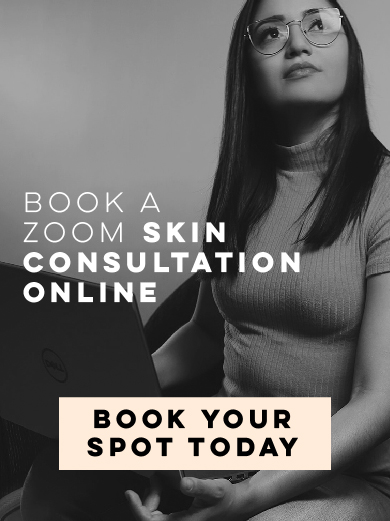

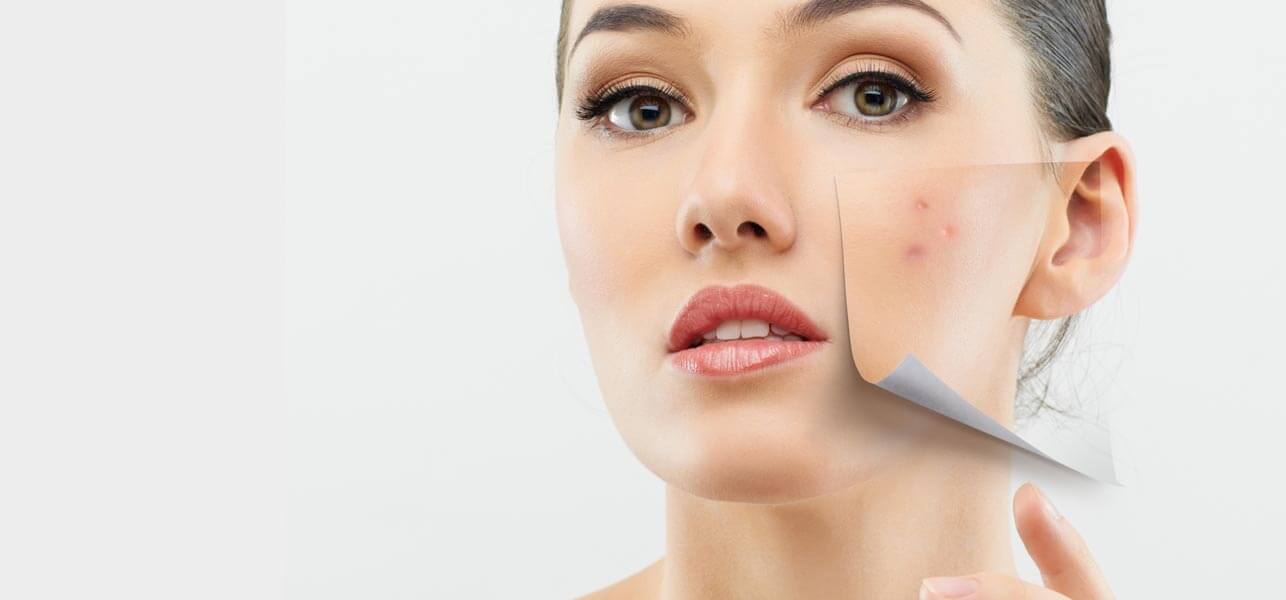
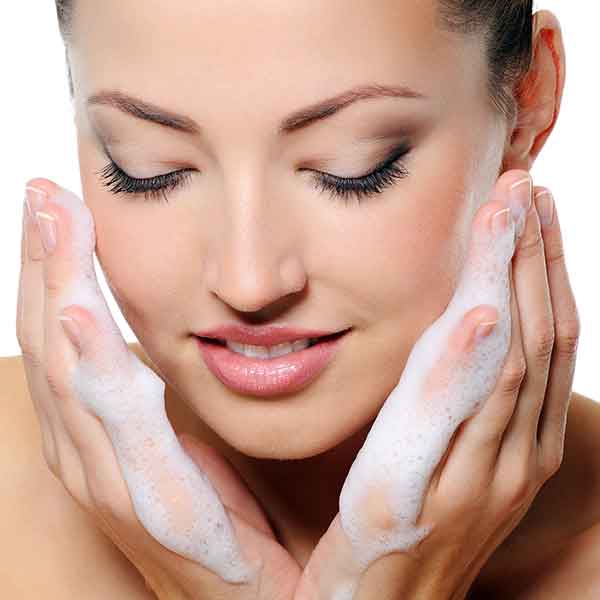
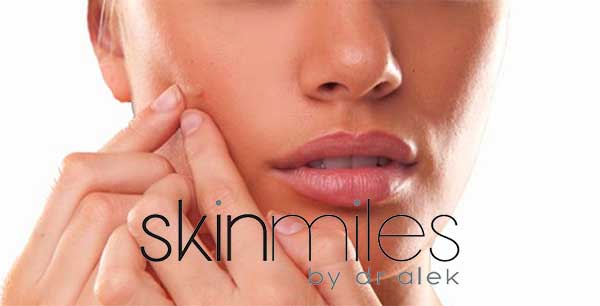
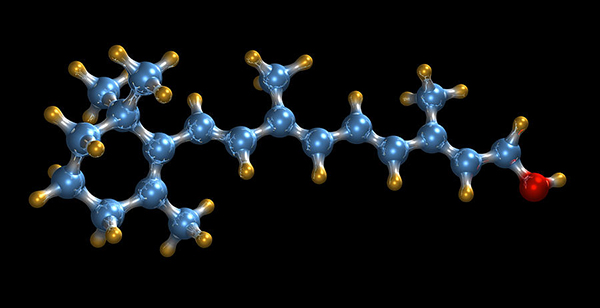
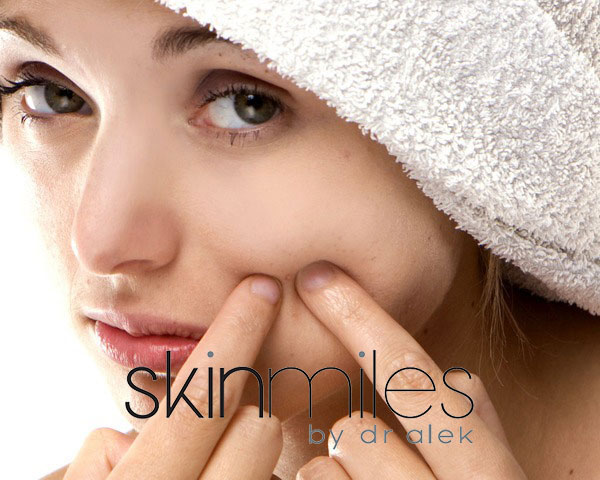
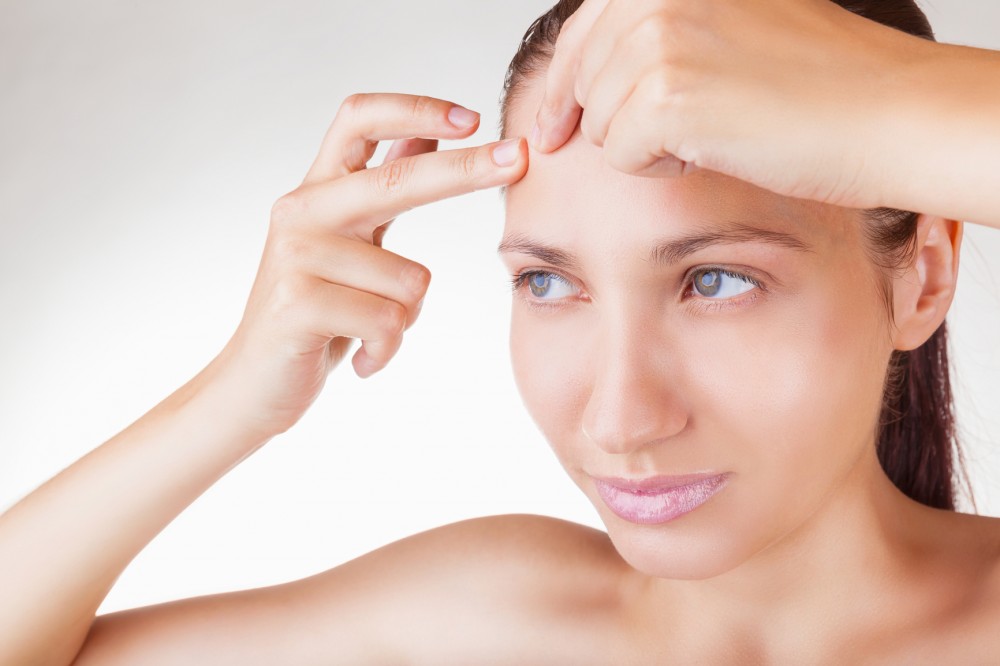
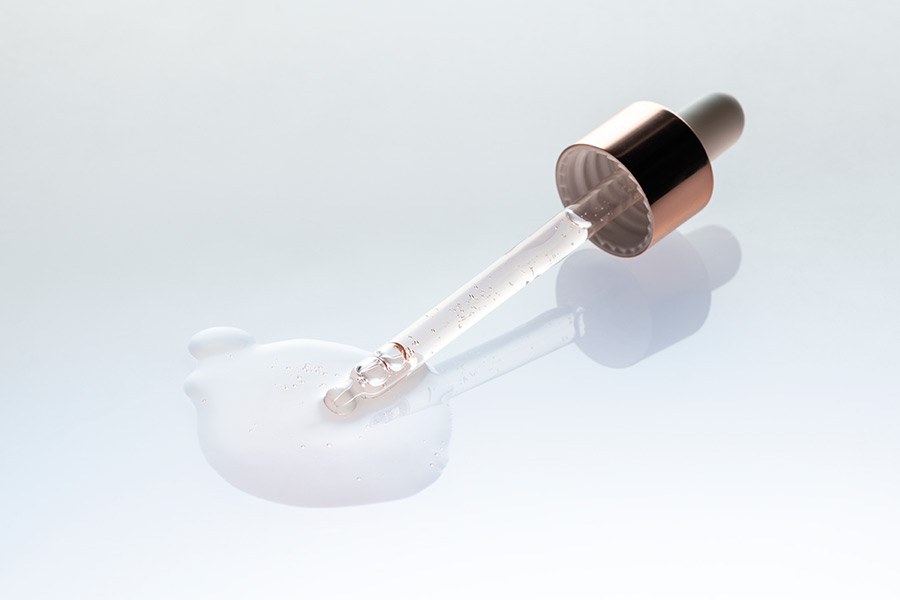
great info, thanks for the advice
i found this very useful and will order some products from you online
I just saw this article so will forward this one as well. Great advice on Acne treatments and causes. Thanks!